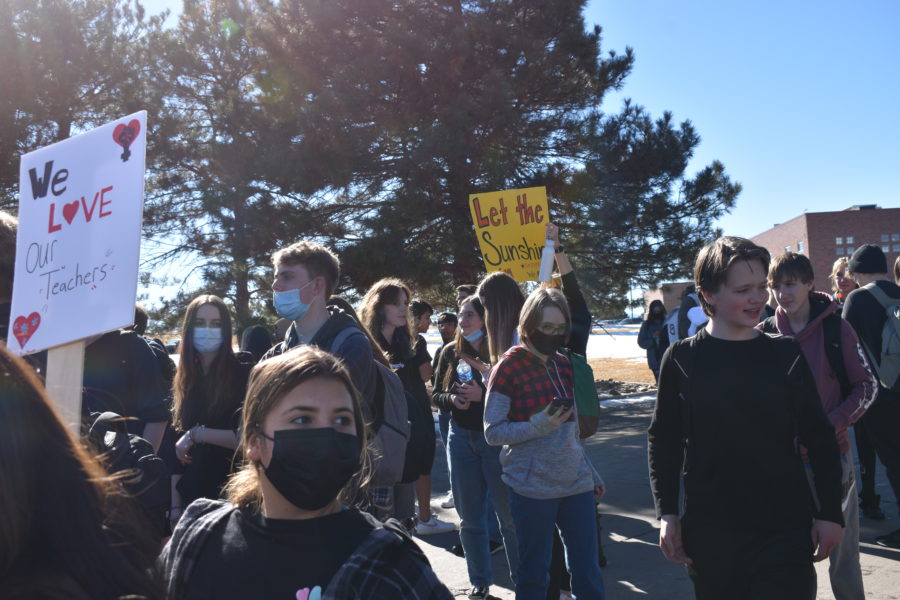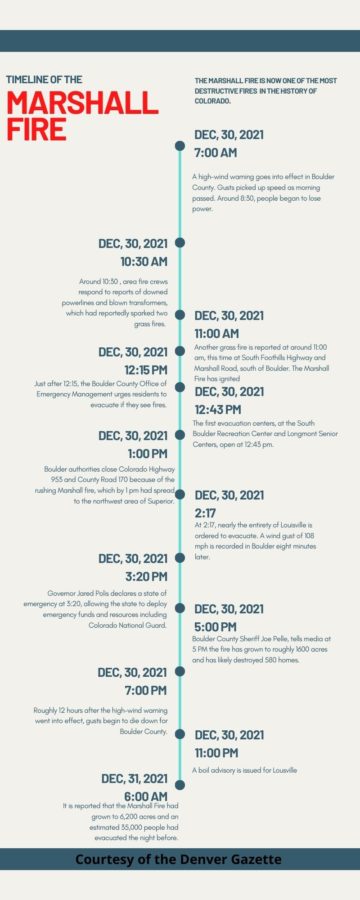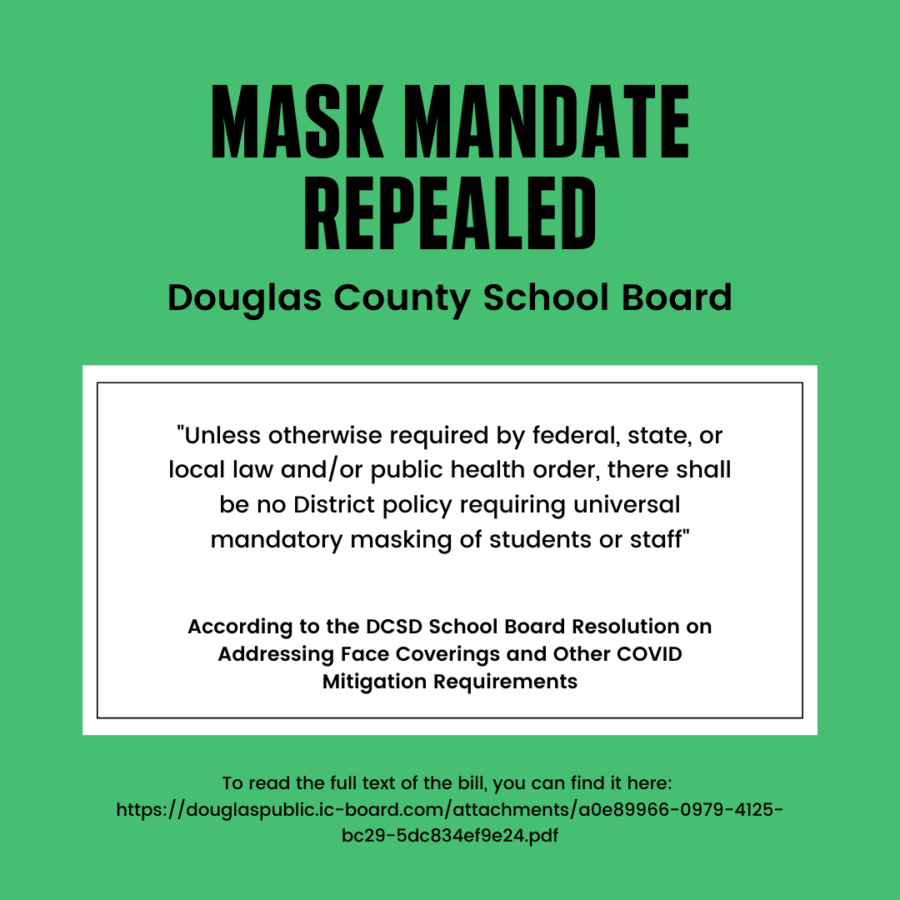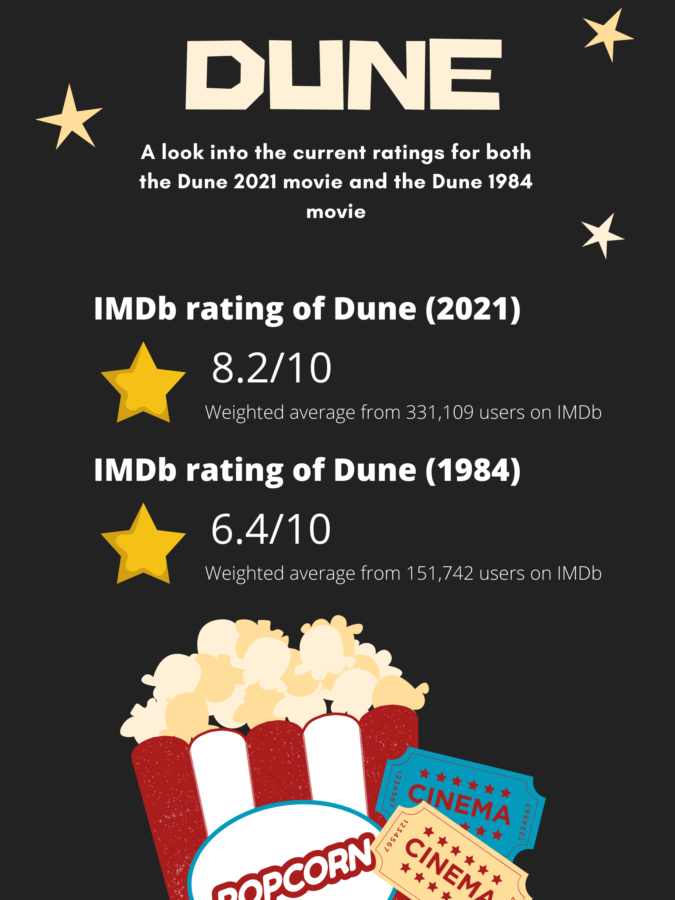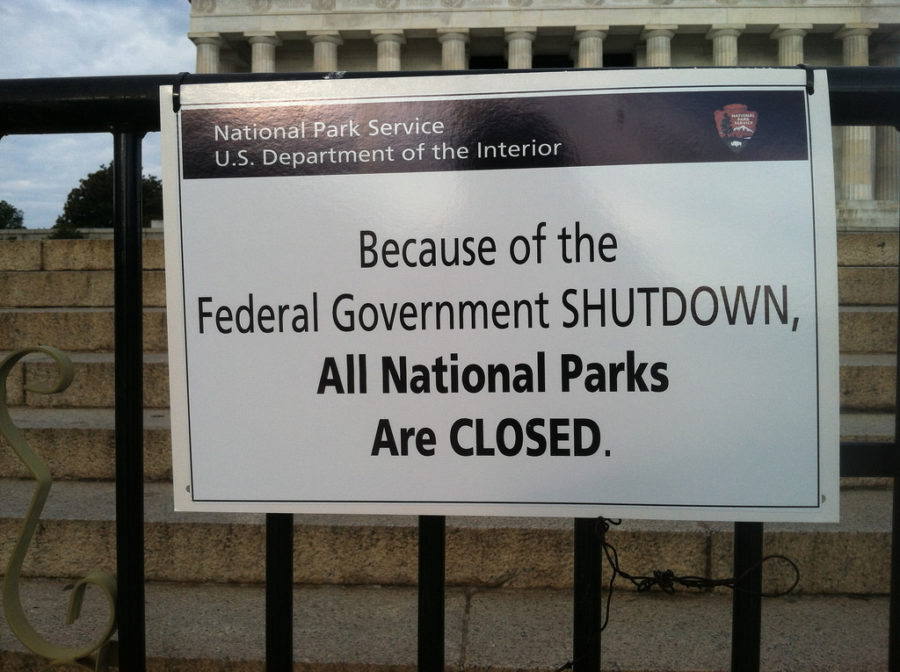
Although members of the U.S. Senate were singing Christmas carols in the north wing of the Capitol on Dec. 21st, it was unknown to them that in a mere 24 hours, it was going to mark the start of what would go down in the history books. These senators, thinking that they would be reunited with their family members, would soon be blindsided by a previous promise behest by their very own leader, President Donald J. Trump.
According to Politifact, while Donald Trump was running in the 2016 presidential campaign, he repeatedly would state, “I will build a great, great wall on our southern border and I’ll have Mexico pay for that wall.” And although Trump’s wall idea has not been well-received by either party, and has been rejected in the past 2 fiscal years, according to National Public Radio, it hasn’t stopped Trump’s momentum.
Even after a day’s worth of voting, and eventually deciding unanimously on a bipartisan approach to the fiscal framework of the approaching 2019, it was clear that the president would not be on board with the Senate’s plan. It makes sense why Trump refused to sign the bill from his point of view–there was no mention of a wall, but it rather more addresses spending for border security projects, such an “increased patrol, operations, and [more] effective designs,” according to Politifact–what Donald Trump does not view as a necessity.
The first bill that came into play entitled $1.6 billion to border security, according to Time. Via Donald Trump’s twitter account, the president has demanded our lawmakers entitle his ambition $5 billion instead. In turn, this tug-of-war style disagreement between our legislative and executive branches has now created a government shutdown, the longest one in our country’s history, in fact. The government has since temporarily reopened on Jan. 25, meaning that the restart of the government is only for the sake of paying employees, but will shut down again if there isn’t a consensus on federal spending, again.
“I’m glad it’s open,” said Megan Vassen, social studies teacher. However this plays out to be more than the general public, namely government workers, could have known to be the long-term effects of a government shutdown. According to a federal worker who is also the parent of a student at HR, “Our boss is preparing for the fact that the government will probably shut down again when it expires. If that’s the case on February 16th, I will likely stop getting paid.”
This also brings up the necessity of government agencies that are a key to a functioning society. “I work for the judiciary department and we are considered essential employees, meaning because we supervise folks who could be dangerous to the community, we are required to continue working no matter what,” said the aforementioned federal worker. This is just one of the hundreds of thousands of “essential workers” that are being working without pay, suffering the consequences of two political parties’ inability to find harmony.
Ariana Teng, Staff Reporter

